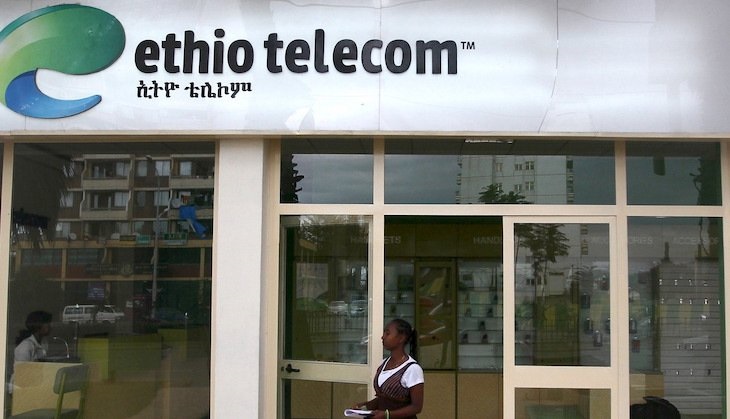
Ethiopia’s Ethio Telecom IPO has attracted considerable attention, but its performance has been disappointing. It raised only $24.5 million against an estimated $240 million. The underperformance raises pertinent questions about the difficulties of privatization and liberalization in Ethiopia, particularly in telecom.
Amid the initial euphoria surrounding the Ethio Telecom IPO, some constraints made the issue less successful. Limiting participation in the IPO to Ethiopian citizens greatly reduced the pool of potential investors and hence the amounts that could be raised. It contributed critically to the failure of the Ethio Telecom IPO to meet its financial objectives in excluding the opportunity for large contributions to share purchases by international and institutional investors.
In addition, inflation and depreciation were important retail investor confidence issues owing to the economic woes in Ethiopia. Retail investors were cautious of Ethio Telecom IPO investments in the current economic volatility and political instability in the country.
The Role of Political and Regulatory Risks
Many people think that the disappointing results of the Ethio Telecom IPO stem from lack of interest from investors, but this is too simple an answer. The bigger picture is that political risk is a significant factor, more so when foreign companies like Orange and e& withdrew from previous arrangements on the liberalization of Ethiopian telecom. The Ethio Telecom IPO was not simply about market disinterest; it had to do with regulatory challenges existing in the context of Ethiopia’s strategic telecom sector. A lot of government control over pricing, taxing, and data rules makes it a very high-risk sector for foreign investors, thus creating a lot of caution when considering entering such a market.
Telecom Competition and Safaricom’s Entry
It is mandatory to contextualize any IPO within a relevant framework, as Safaricom, the biggest teleco in Kenya, is progressively branching out into the Ethiopian market. Though the operations of Safaricom have been disrupted by the regulatory mess in Ethiopia, the firm has successfully launched and utilized mobile money services like M-PESA, which have gained strong penetration into most urban market segments. These very struggles of Safaricom in Ethiopia highlight what both local and foreign companies will contend with in this market, apart from putting things in perspective regarding the less-than-expected success of the Ethio Telecom IPO.
A Glimpse into Ethiopia’s Economic Liberalization
It may have missed its targets, but the Ethio Telecom IPO is an important step in the ongoing efforts of economic liberalization in Ethiopia. Privatization of telecom will enhance the competitiveness of the market as demanded by the Digital Ethiopia 2025 strategy of the government, while this will be possible only if serious regulatory reforms and market-friendly policies accommodate such processes. If these changes are adopted, then Ethiopia will have a margin to attract more investments in future IPOs, especially in its key sectors like telecom.
In the hopes of enhancing competition and innovation in the sector, the government’s plan includes the introduction of a third telecommunications company by the year 2025. This action might also lead to opportunities for foreign and institutional investors and strengthen the case for future telecom privatizations and IPOs.
Lessons from the Ethio Telecom IPO
The Ethio Telecom IPO did not meet the hopes and expectations the government had set. However, the IPO experience is not unique to Ethiopia: several state-run phone companies from Myanmar to Pakistan face similar challenges in their privatization attempts. The results of the Ethio Telecom IPO underscore the importance of a strong regulatory framework and the need for investor education and macroeconomic stability when trying to attract investment into privatized state assets.
Ethiopia’s journey toward economic liberalization and telecommunications privatization is an ongoing venture, and the Ethio Telecom IPO may have imparted lessons that will forge the path for future reforms within the country.
Follow us on WhatsApp, Telegram, Twitter, and Facebook, or subscribe to our weekly newsletter to ensure you don’t miss out on any future updates. Send tips to editorial@techtrendsmedia.co.ke



